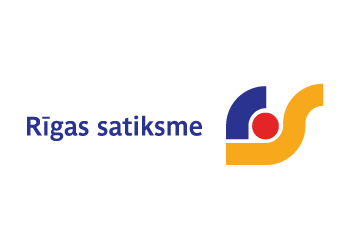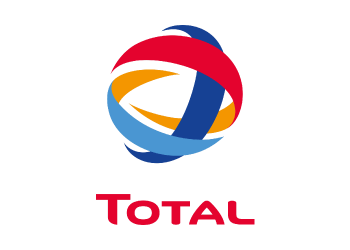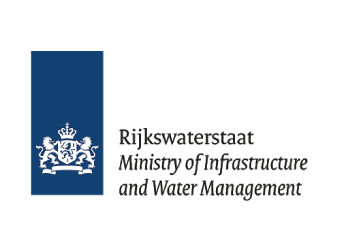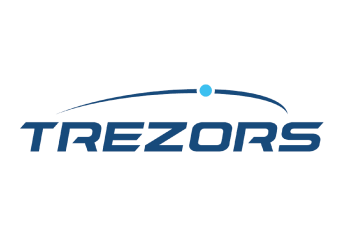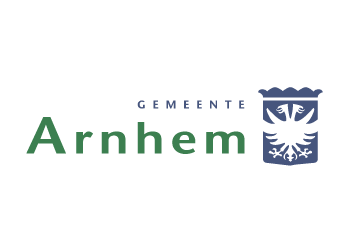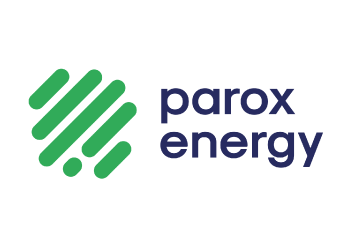Representatives of the H2Nodes project hosted a webinar with key stakeholders to present progress and lessons learnt across H2Nodes sites, along with findings of major project reports on the status of hydrogen for transportation along the North Sea-Baltic Corridor, and conclusions for policy-makers.
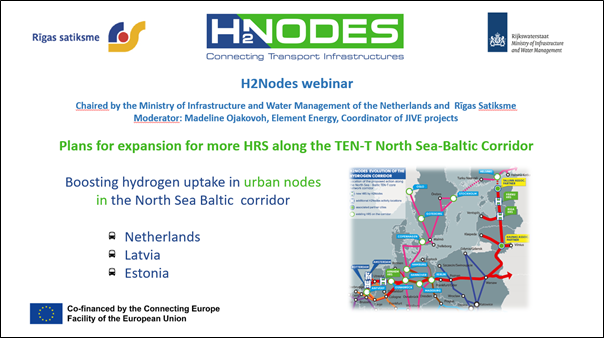 Co-chairs Els de Wit, Coordinator Smart and Sustainable Mobility at the International Directorate, Ministry of Infrastructure and Water Management of Netherlands, Mr. Andris Lubanas, Board Member, Rīgas Satiksme, and Didzis Stepe, Coordinator H2Nodes project, Rīgas Satiksme, opened the webinar by presenting an overview of the H2Nodes project, and the status of the project to date.
Co-chairs Els de Wit, Coordinator Smart and Sustainable Mobility at the International Directorate, Ministry of Infrastructure and Water Management of Netherlands, Mr. Andris Lubanas, Board Member, Rīgas Satiksme, and Didzis Stepe, Coordinator H2Nodes project, Rīgas Satiksme, opened the webinar by presenting an overview of the H2Nodes project, and the status of the project to date.
This was followed by discussions surrounding plans for expansion with more Hydrogen Refuelling Stations (HRS) along the TEN-T North Sea Baltic Core Corridor.
An overview of the western part of the corridor was presented by Sacha Scheffer, Senior Advisor, The Ministry of Infrastructure and Water Management of Netherlands, with updates on H2 station development in the Netherlands, Belgium and Germany.
Dainis Bošs, Legal Advisor, Trezors, presented findings on the Eastern part of the corridor, highlighting the progress made across Poland, Lithunia, Latvia and Estonia, and the necessary interventions to develop hydrogen infrastructure across the region.
The second half of the webinar was focused on the perspectives from hydrogen mobility project developers along the TEN-T North Sea Baltic Core Network Corridor.
Jochem de Jong, Project Developer Hydrogen, Total Gas Mobility, presented the views from an HRS developer on the state of activities on the corridor, including the ambition for further infrastructure development. The main lessons learnt and best practices from the development of the H2Nodes HRS in Arnhem were shared, including recommendations for the establishment of collaborative group of partners to develop hydrogen infrastructure and demand.
Jaan Roos, Executive Project Manager, Parox Energy, and Erik Kuus, CEO, Atrado Ltd, gave their perspectives on activities in Estonia, and ambitions for future projects in the region. Main learnings and considerations for hydrogen development were discussed, including the importance of demand aggregation as well as total cost of ownership to assess the feasibily of a project.
The webinar was also an opportunity for the stakeholders participating to seed ideas for future projects and identify potential collaboration opportunities in advance of upcoming calls for projects from the EU institutions to co-finance hydrogen projects in 2021 and following years.
If you are interested in opportunities to attend H2Nodes events and discuss potential future collaboration, please send an email to This email address is being protected from spambots. You need JavaScript enabled to view it..
The findings discussed during this event are summarised in the report: https://h2nodes.eu/images/201231_H2Nodes_M9_HRS_NS-B-Corridor-final.pdf


